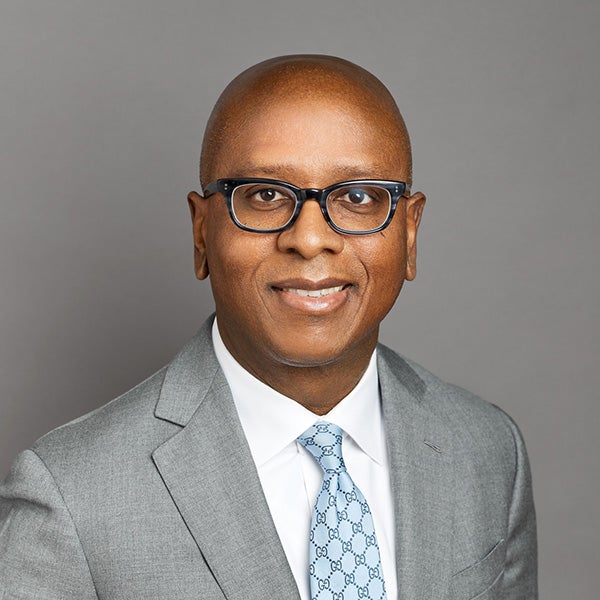Bringing ID&E Into the Board Room
Rob Davis, FCPA, FCA, currently holds the roles of Tax Partner, Board Chair and Chief Inclusion, Diversity and Equity (ID&E) Officer at KPMG Canada. His 33-year career spans a variety of industries where he applied his CPA skill set—from software companies at the height of the tech boom in 1999 to spinning off billions of dollars of real estate assets into a public company.
Rob recently spoke to us about his career, personal experiences in the profession and the impact that ID&E can have in the board room.

You’ve had an incredible 33-year career as a CPA. What has kept you motivated?
For me it’s the ability to experience different organizations and make an impact from the consulting side. As you get to be more senior, you truly appreciate the breadth and depth the profession offers you. From looking across an industry or diving into a specific company, you experience such diversity in the situations and issues that arise, and you get to understand different nuances. In short, you never stop learning. Today, I’m lucky enough to wear multiple hats at KPMG, including as Chief ID&E Officer, which is a real privilege.
How does wearing multiple hats help you to make an impact from an ID&E perspective?
As a gay Black man, representation matters. And over the past few years, I’ve felt a real cultural change around underrepresented groups gaining more representation. I want to help drive that progress and wearing multiple hats at the leadership table enables me to do that.
At KPMG, I’m both the Chief ID&E Officer and the Chair of the Board. The combination of these two senior roles is powerful because I sit in on every Management Committee meeting (in my Board Chair role) and can provide input into every decision, regardless of the subject matter, with both an ID&E and a strategic business lens.
Is there a moment or person that stands out for you that enabled you to achieve your ambitions? And how have you paid that experience forward?
I was lucky to have sponsors who advocated for me when others wouldn’t. If not for them, I might not be in my role today.
Throughout my career, I’ve always tried to lift up 2SLGBTQ+ persons, women and people of colour and I continue to mentor and sponsor women or people from underrepresented groups.
I also try to be a role model by being there and being visible. I recognize that somebody who looks like me doesn’t typically end up in these sorts of roles. By sharing my experiences, I hope to help others see that anything is possible.
What is the personal and professional accomplishment that you’re most proud of?
Becoming partner was certainly a huge milestone in my career, but being elected Chair was the most gratifying. I just didn’t think it was even possible. I remember calling my Dad to tell him and he just broke up—he couldn’t hold it together. He was so emotional that the words couldn’t come out of his mouth.
My parents came here in 1975 from Jamaica, where they had a great middle-class life with well-paying jobs. They gave all that up to come to Canada and suffered some of the truly horrible things about being a Black person in the 1970s. As tolerant as our society may seem, it was tough for them. They endured it to provide a better life for their children. It’s emotional for them to see that level of success.
How have you been able to play a mentorship role for somebody?
Over the past couple of years, a lot of Black professionals have reached out for one-on-one discussions, whether they’re going through an issue or want some career help. I also spent a lot of time in the summer of 2020 helping others, especially my white colleagues, friends and acquaintances, who wanted to understand and learn how they can help break down systemic barriers.
It’s probably been one of the most powerful and emotional experiences I’ve had over the last couple of years. Most people want to do the right thing, but they don’t know where to start and often feel shame for unintentionally contributing to the systemic biases that are out there. It’s very satisfying to change that sort of mindset and behaviour.
Do you have any guidance for people having these types of conversations?
A lot of people are afraid to have the conversation for fear of saying the wrong thing. What I tell them is that if you’ve got the right intention and you’re speaking from the heart, you can’t say the wrong thing. You need to be open-minded about the impact it has and learn from us, but it won’t be wrong.
By the same token, if someone is reaching out to you, that tells me they’ve got the right attitude to be an ally. Their intentions are coming from the right place and they’re trying to do the right thing. I’d do everything I could to help them along.
Visit our Spotlights page to read more about CPAs doing amazing things. If you know an interesting CPA who wants to be profiled, email us at [email protected].
